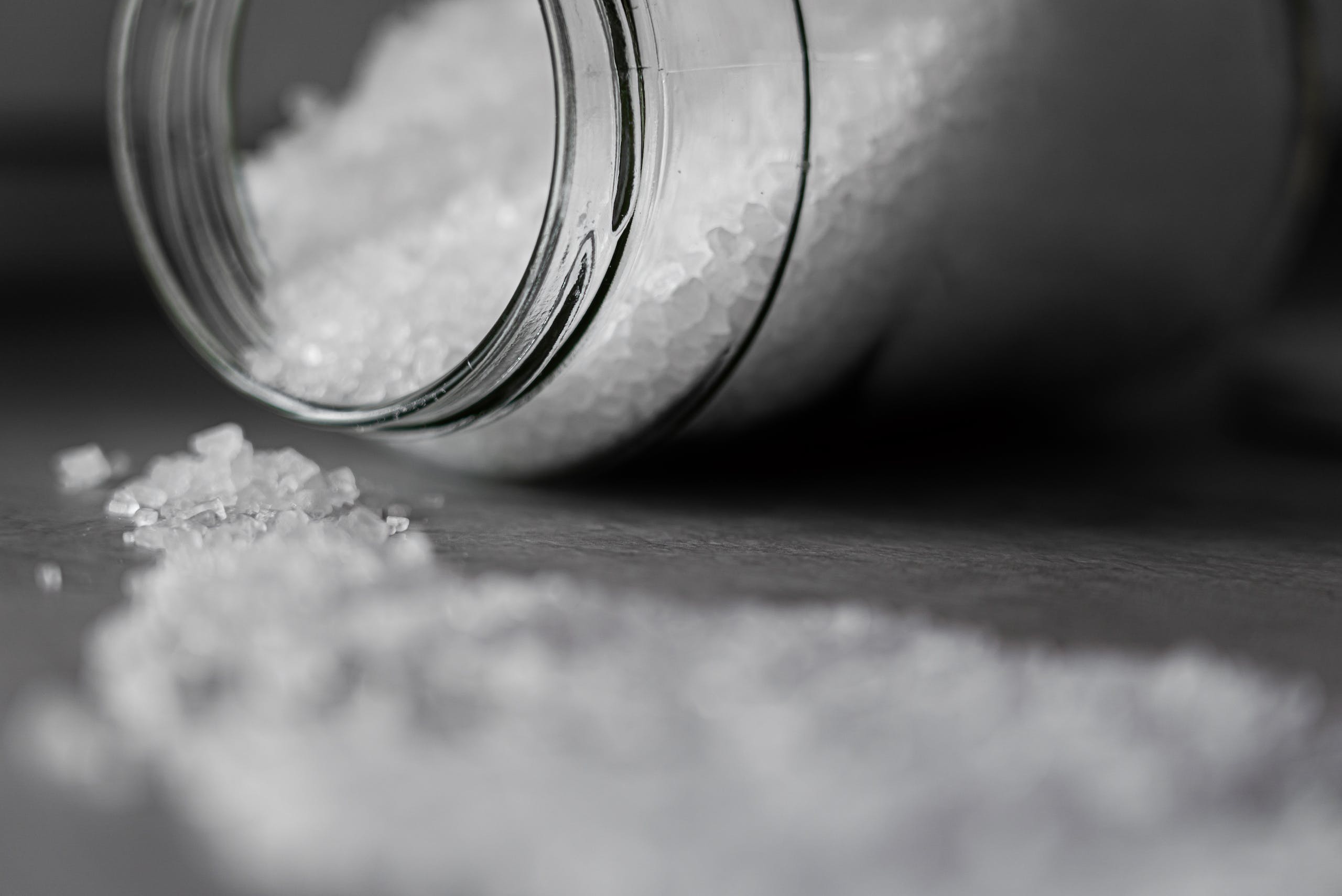The average person seldom considers the role of sodium in their body, often relating it only to the table salt that enhances the flavor of their meals. However, sodium is a crucial component of the body’s functioning, playing a vital role in maintaining a delicate balance of body fluids, as well as aiding in nerve and muscle function. Too little or too much sodium can lead to health complications, making an understanding of its role in the body essential.
Sodium: An Essential Mineral
Sodium is an essential mineral present in various amounts in almost all foods. The human body needs sodium to maintain fluid balance, transmit nerve impulses, and promote normal muscle function. Sodium also plays a role in the body’s control of blood pressure and volume.
Sodium and Blood Pressure
Consuming excessive sodium can lead to an increase in blood volume, which can cause your heart to work harder and increase blood pressure. High blood pressure, or hypertension, is a major risk factor for heart disease and stroke. Therefore, it’s important to monitor the amount of sodium you consume daily.
How Sodium Works in the Body
The majority of the body’s sodium is located in the blood and the fluid around cells. Sodium works in the body by maintaining a normal balance of fluids. It also plays a crucial role in the normal function of nerves and muscles.
How Sodium Enters and Leaves the Body
Sodium enters the body primarily through food and drink. It leaves the body in sweat and urine. The kidneys play a crucial role in maintaining a consistent level of sodium in the body by adjusting the amount excreted in the urine. When sodium consumption and loss are not in balance, the total amount of sodium in the body is affected.
The Role of Sodium in Fluid Balance
The total amount of sodium in the body affects the amount of fluid in blood and around cells. The body continually monitors blood volume and sodium concentration. When either becomes too high, sensors in the heart, blood vessels, and kidneys detect the increase and stimulate the kidneys to increase sodium excretion, thereby returning blood volume to normal.
Sodium and Older Adults
As people age, the body becomes less able to maintain fluid and sodium balance due to a variety of reasons, such as decreased thirst, changes in the kidneys, less fluid in the body, inability to obtain water, and certain medications. This can lead to a high sodium level in the blood (hypernatremia) and/or dehydration, both of which are more common among older adults.
Sodium and Your Diet
Despite what many people think, most dietary sodium comes from eating packaged and prepared foods, not from table salt added during cooking or at the table. It’s worth noting that even foods that don’t taste salty can still be high in sodium, which is why using taste alone is not an accurate way to judge a food’s sodium content.
Sodium and Cardiovascular Health
Recent studies have shown that even without an increase in blood pressure, excess dietary sodium can have adverse effects on various target organs, including the blood vessels, heart, kidneys, and brain. This highlights the importance of maintaining a balanced sodium intake for overall health.
How to Limit Sodium Intake
There are several strategies for reducing dietary sodium. These include reading nutrition labels, preparing your own food, adding flavor without adding sodium, buying fresh foods, giving sodium the “rinse”, “unsalting” your snacks, considering your condiments, reducing your portion size, and making lower-sodium choices at restaurants.
The Bottom Line
Sodium is a crucial nutrient that the body needs in moderation. Too much or too little can lead to health complications. It’s therefore important to understand the role of sodium in the body and to monitor and manage your daily intake. In doing so, you can take a big step towards maintaining overall health and wellbeing. In conclusion, sodium plays a critical role in our bodies, influencing everything from our nerve function to our blood volume. However, like anything in life, too much of a good thing can have adverse effects. It’s essential to strike a balance in our sodium intake to maintain good health. By being mindful of our diet and making healthier choices, we can help regulate our sodium levels and lead a healthier life.

